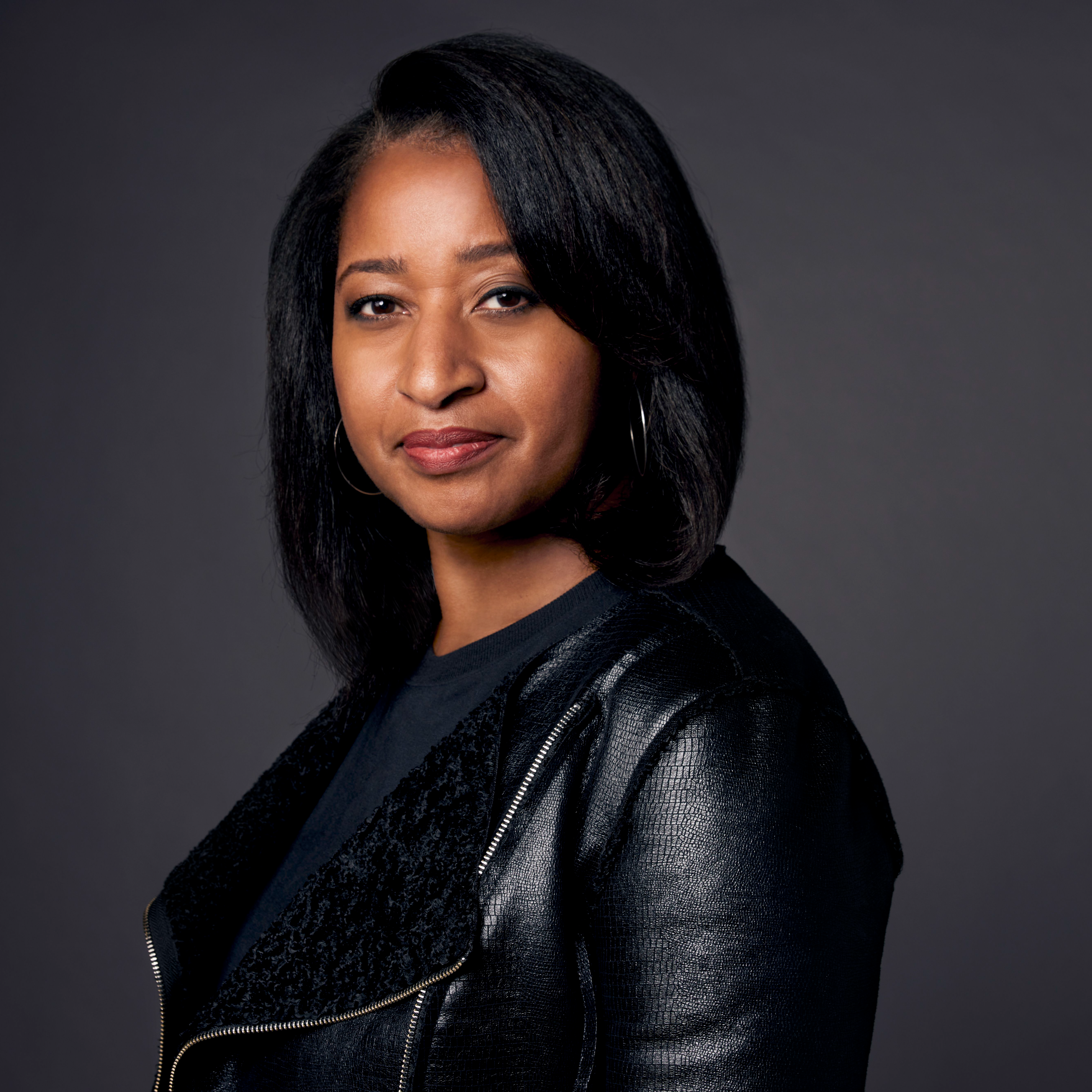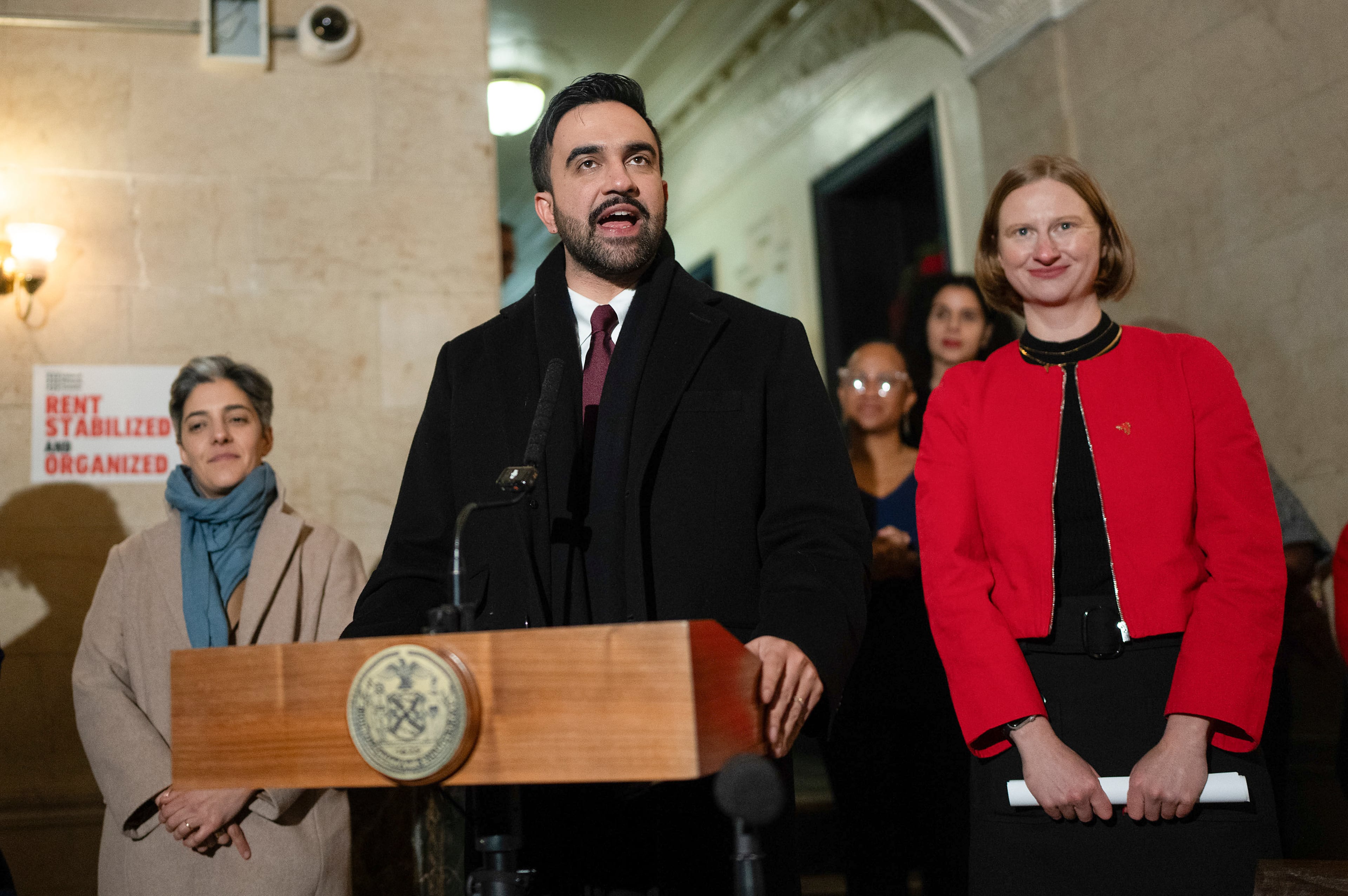RHONE: DNC gives Windy City chance to become Redemption City

Next week, the Democratic National Convention descends on Chicago and the anticipated presence of protesters in the thousands has drawn inevitable comparisons to the moment in history that reaffirmed Chicago’s reputation as the Windy City.
Millions of Americans watched “The Battle of Michigan Avenue” unfold in 1968 as anti-war activists protesting the war in Vietnam broke out of their assigned areas and blocked the intersection near convention headquarters at the hotel, then known as the Conrad Hilton. There on Michigan Avenue, Chicago’s most celebrated thoroughfare, protesters were gassed and clubbed unconscious by Chicago police officers as the world watched.
The scene wasn’t much better inside the now demolished International Amphitheater where the convention took place. Politicians fought, verbally and physically, not just over who would become the Democratic presidential nominee but everything else — from who would speak at the convention to what would be the party’s platform.
Calling it chaos feels like an understatement.
Now, with the return of the convention to Chicago’s United Center on Aug. 19, I wonder just how windy things could get.
Kamala Harris has won support from 99% of delegates in a virtual roll call, which replaced the process of the usual in-person roll call during convention week.
While that may ease tensions inside, there remains potential for trouble on the streets.
For months, organizers who are planning a protest against the war in Gaza have been locked in a court battle with city officials who have denied certain protest permits. The protest organizers want to demonstrate closer to the United Center than the current permits allow. A federal judge on Tuesday denied the organizers’ request, saying city officials are not violating their First Amendment rights.
This is where I should mention that I am a native of Chicago. We’re a friendly bunch but we are also pretty tough. We have a lot of pride, which is part of how the city earned its Windy City nickname back in the late 1800s. It is both a literal reference to the weather and a metaphorical reference to our boastful nature.
I was born a few years after the infamous 1968 convention, but the historic moment was part of the local lore passed from one generation to the next. Even if we weren’t there to experience it, we heard stories from our parents or grandparents about the moment the city was turned upside down.
We knew, at least in vague terms, that then-Mayor Richard J. Daley had a firm grip on Chicago politics and by extension, national politics. I was in the first grade when he died in office and by the time I was in high school, his eldest son, Richard M. Daley, had taken over the reign of the city. It was under his tenure that Chicago had its first opportunity to right the wrongs of 1968 when the Democratic National Convention returned in 1996.
Chicago had once been a hot spot for political conventions, hosting 24 Democratic and Republican conventions from 1860 to 1968. After the notorious turn of events in ’68, the city’s popularity as a destination for political conventions waned. No one, it seemed, wanted to court disaster by holding a convention in Chicago. When the Democratic National Convention returned in 1996, the moment was relatively uneventful, but Chicago’s reputation for political upheaval has persisted.
Organizers planning to protest during this year’s convention have expressed concerns about how the Chicago Police Department will respond. Some groups, citing images of people in the streets getting beaten by police officers in 1968, have held safety training sessions in case everything goes sideways.
But the political climate of 1968 was something of an anomaly. The nation was on edge after the assassinations of the Rev. Martin Luther King Jr., Robert F. Kennedy and the rising opposition to the Vietnam War under the presidency of Lyndon B. Johnson. These events compounded the divisions in the Democratic Party and across the country. It was, according to some historians, one of the most tumultuous moments in modern American history.
Some would argue we are approximating similar levels of discord in 2024, but there are important differences. U.S. engagement in Gaza hasn’t led to drafting troops and sending them directly into war, and there isn’t likely to be much debate about who will become the Democratic presidential nominee.
Though he wasn’t sure he would be able to attend the convention in Chicago, Sen. Jon Ossoff noted in comments to my colleague Taylor Croft at a Monday event in Cobb County the strong level of support Harris has garnered, even across party lines.
“What I’ve seen in Georgia is that the vice president and her running mate are building a very broad coalition here. Just consider the fact that we had the Republican former lieutenant governor of Georgia at the vice president’s rally in Atlanta. The vice president’s coalition in Georgia extends far beyond just the Democratic Party,” he said.
Still, we are in a moment where we know something important is on the horizon.
In an interview with National Public Radio, Anthony Michael Kreis, a constitutional law professor and political scientist at Georgia State University College of Law, said that both 1968 and 2024 are “pivotal moments in the sense that I think people’s sense of real changes are afoot.”
“But you really can’t compare, I think, aptly, a handful of very important, salient, deeply divisive protests and counterprotests to the kind of rampant and seemingly nonstop political violence and social unrest that was 1968,” he said.
To echo the rally cry of protesters in 1968, the world will be watching once again, and once again Chicago has the chance to redeem itself.
Read more on the Real Life blog (ajc.com/opinion/real-life-blog/), find Nedra on Facebook (facebook.com/AJCRealLifeColumn) and X (@nrhoneajc), or email her at nedra.rhone@ajc.com.



